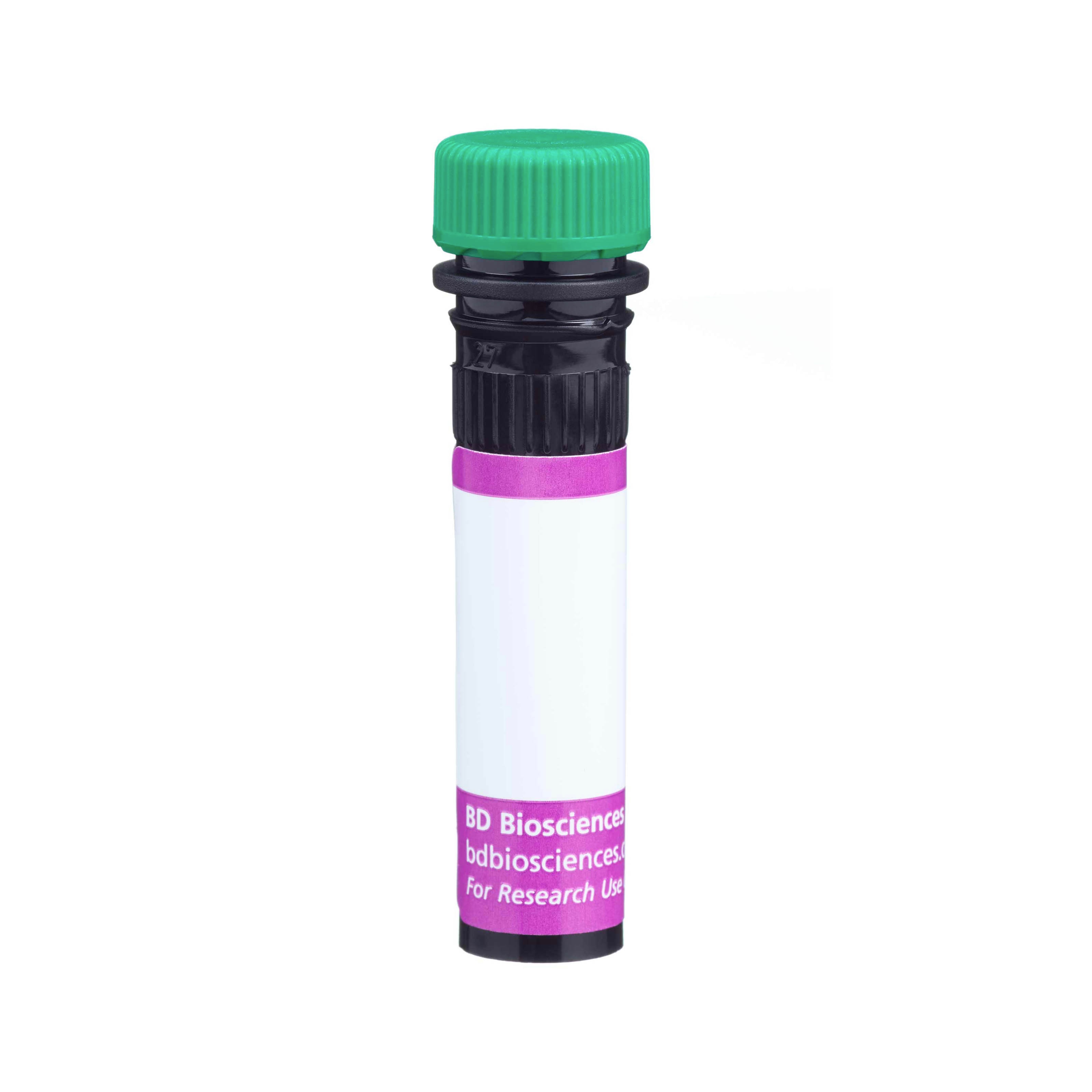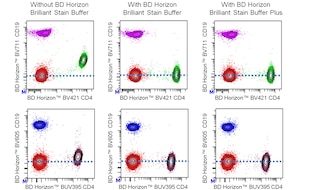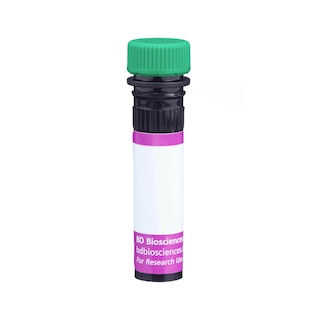-
抗体試薬
- フローサイトメトリー用試薬
-
ウェスタンブロッティング抗体試薬
- イムノアッセイ試薬
-
シングルセル試薬
- BD® AbSeq Assay | シングルセル試薬
- BD Rhapsody™ Accessory Kits | シングルセル試薬
- BD® Single-Cell Multiplexing Kit | シングルセル試薬
- BD Rhapsody™ Targeted mRNA Kits | シングルセル試薬
- BD Rhapsody™ Whole Transcriptome Analysis (WTA) Amplification Kit | シングルセル試薬
- BD® OMICS-Guard Sample Preservation Buffer
- BD Rhapsody™ ATAC-Seq Assays
- BD Rhapsody™ TCR/BCR Next Multiomic Assays
-
細胞機能評価のための試薬
-
顕微鏡・イメージング用試薬
-
細胞調製・分離試薬
-
- BD® AbSeq Assay | シングルセル試薬
- BD Rhapsody™ Accessory Kits | シングルセル試薬
- BD® Single-Cell Multiplexing Kit | シングルセル試薬
- BD Rhapsody™ Targeted mRNA Kits | シングルセル試薬
- BD Rhapsody™ Whole Transcriptome Analysis (WTA) Amplification Kit | シングルセル試薬
- BD® OMICS-Guard Sample Preservation Buffer
- BD Rhapsody™ ATAC-Seq Assays
- BD Rhapsody™ TCR/BCR Next Multiomic Assays
- Japan (Japanese)
-
Change country/language
Old Browser
Looks like you're visiting us from {countryName}.
Would you like to stay on the current country site or be switched to your country?




Flow cytometric analysis of PD-L2 (CD273) expression on viable Human monocyte-derived mature dendritic cells. Human monocyte-derived mature dendritic cells were preincubated with Human BD Fc Block™ (Cat. No. 564219/564220) and then stained with either BD Horizon™ BV510 Mouse IgG2a, κ Isotype Control (Cat. No. 563027; dashed line histogram) or BD Horizon™ BV510 Mouse Anti-Human PD-L2 (CD273) antibody (Cat. No. 569832/569907; solid line histogram). BD Via-Probe™ Cell Viability 7-AAD Solution (Cat. No. 555815/555816) was added to cells right before analysis. The fluorescence histogram showing PD-L2 (CD273) expression (or Ig Isotype control staining) was derived from gated events with the forward and side light-scatter characteristics of viable (7-AAD-negative) cells. Flow cytometry and data analysis were performed using a BD LSRFortessa™ X-20 Cell Analyzer System and FlowJo™ Software.


BD Horizon™ BV510 Mouse Anti-Human PD-L2 (CD273)

Regulatory Statusの凡例
Any use of products other than the permitted use without the express written authorization of Becton, Dickinson and Company is strictly prohibited.
Preparation and Storage
推奨アッセイ手順
BD® CompBeads can be used as surrogates to assess fluorescence spillover (Compensation). When fluorochrome conjugated antibodies are bound to CompBeads, they have spectral properties very similar to cells. However, for some fluorochromes there can be small differences in spectral emissions compared to cells, resulting in spillover values that differ when compared to biological controls. It is strongly recommended that when using a reagent for the first time, users compare the spillover on cells and CompBead to ensure that BD® CompBeads are appropriate for your specific cellular application.
For optimal and reproducible results, BD Horizon Brilliant™ Stain Buffer should be used anytime BD Horizon Brilliant dyes are used in a multicolor flow cytometry panel. Fluorescent dye interactions may cause staining artifacts which may affect data interpretation. The BD Horizon Brilliant Stain Buffer was designed to minimize these interactions. When BD Horizon Brilliant Stain Buffer is used in in the multicolor panel, it should also be used in the corresponding compensation controls for all dyes to achieve the most accurate compensation. For the most accurate compensation, compensation controls created with either cells or beads should be exposed to BD Horizon Brilliant Stain Buffer for the same length of time as the corresponding multicolor panel. More information can be found in the Technical Data Sheet of the BD Horizon Brilliant Stain Buffer (Cat. No. 563794/566349) or the BD Horizon Brilliant Stain Buffer Plus (Cat. No. 566385).
Product Notices
- Please refer to www.bdbiosciences.com/us/s/resources for technical protocols.
- This reagent has been pre-diluted for use at the recommended Volume per Test. We typically use 1 × 10^6 cells in a 100-µl experimental sample (a test).
- An isotype control should be used at the same concentration as the antibody of interest.
- Caution: Sodium azide yields highly toxic hydrazoic acid under acidic conditions. Dilute azide compounds in running water before discarding to avoid accumulation of potentially explosive deposits in plumbing.
- For fluorochrome spectra and suitable instrument settings, please refer to our Multicolor Flow Cytometry web page at www.bdbiosciences.com/colors.
- Human donor specific background has been observed in relation to the presence of anti-polyethylene glycol (PEG) antibodies, developed as a result of certain vaccines containing PEG, including some COVID-19 vaccines. We recommend use of BD Horizon Brilliant™ Stain Buffer in your experiments to help mitigate potential background. For more information visit https://www.bdbiosciences.com/en-us/support/product-notices.
- Please refer to http://regdocs.bd.com to access safety data sheets (SDS).
- For U.S. patents that may apply, see bd.com/patents.
関連製品






The 24F.10C12 monoclonal antibody specifically recognizes Programmed Death Ligand 2 (PD-L2, PDL2) which is also known as CD273, and B7-DC (B7DC). PD-L2 (CD273) is a type 1 transmembrane glycoprotein that is encoded by PDCD1LG2 (programmed cell death 1 ligand 2) which belongs to the B7 family within the Ig superfamily. PD-L2 (CD273) serves as a ligand for CD279, the Programmed Death 1 (PD-1) receptor. CD273 is expressed on dendritic cells, activated monocytes, medullary thymic epithelial cells, placental trophoblasts, and myocardial endothelium. PD-L2 (CD273) can function as a coinhibitor of T cell functions by binding to and signaling through CD279 (PD-1). PD-L2 (CD273) can also reportedly act through another receptor to costimulate T cell activation and cytokine production. The 24F.10C12 antibody can reportedly block the binding of PD-L2 (CD273) to CD279 (PD-1).

Development References (4)
-
Brown JA, Dorfman DM, Ma FR, et al. Blockade of programmed death-1 ligand on dendritic cells enhances T cell activation and cytokine production. J Immunol. 2003; 170:1257-1266. (Immunogen: Blocking, Flow cytometry, Functional assay, Immunohistochemistry). View Reference
-
Messal N, Serriari NE, Pastor S, Nunès JA, Olive D. PD-L2 is expressed on activated human T cells and regulates their function.. Mol Immunol. 2011; 48(15-16):2214-9. (Clone-specific: Flow cytometry, Stimulation). View Reference
-
Rodig N, Ryan T, Allen JA, et al. Endothelial expression of PD-L1 and PD-L2 down-regulates CD8+ T cell activation and cytolysis.. Eur J Immunol. 2003; 33(11):3117-26. (Clone-specific: Blocking, Flow cytometry, Functional assay). View Reference
-
Tavukcuoglu E, Horzum U, Yilmaz KB, Esendagli G. PD-L2+ wound zone macrophage-like cells display M1/M2-mixed activation and restrain the effector Th1 responses.. Immunol Cell Biol. 2020; 98(2):152-164. (Clone-specific: Flow cytometry). View Reference
Please refer to Support Documents for Quality Certificates
Global - Refer to manufacturer's instructions for use and related User Manuals and Technical data sheets before using this products as described
Comparisons, where applicable, are made against older BD Technology, manual methods or are general performance claims. Comparisons are not made against non-BD technologies, unless otherwise noted.
For Research Use Only. Not for use in diagnostic or therapeutic procedures.
Report a Site Issue
This form is intended to help us improve our website experience. For other support, please visit our Contact Us page.